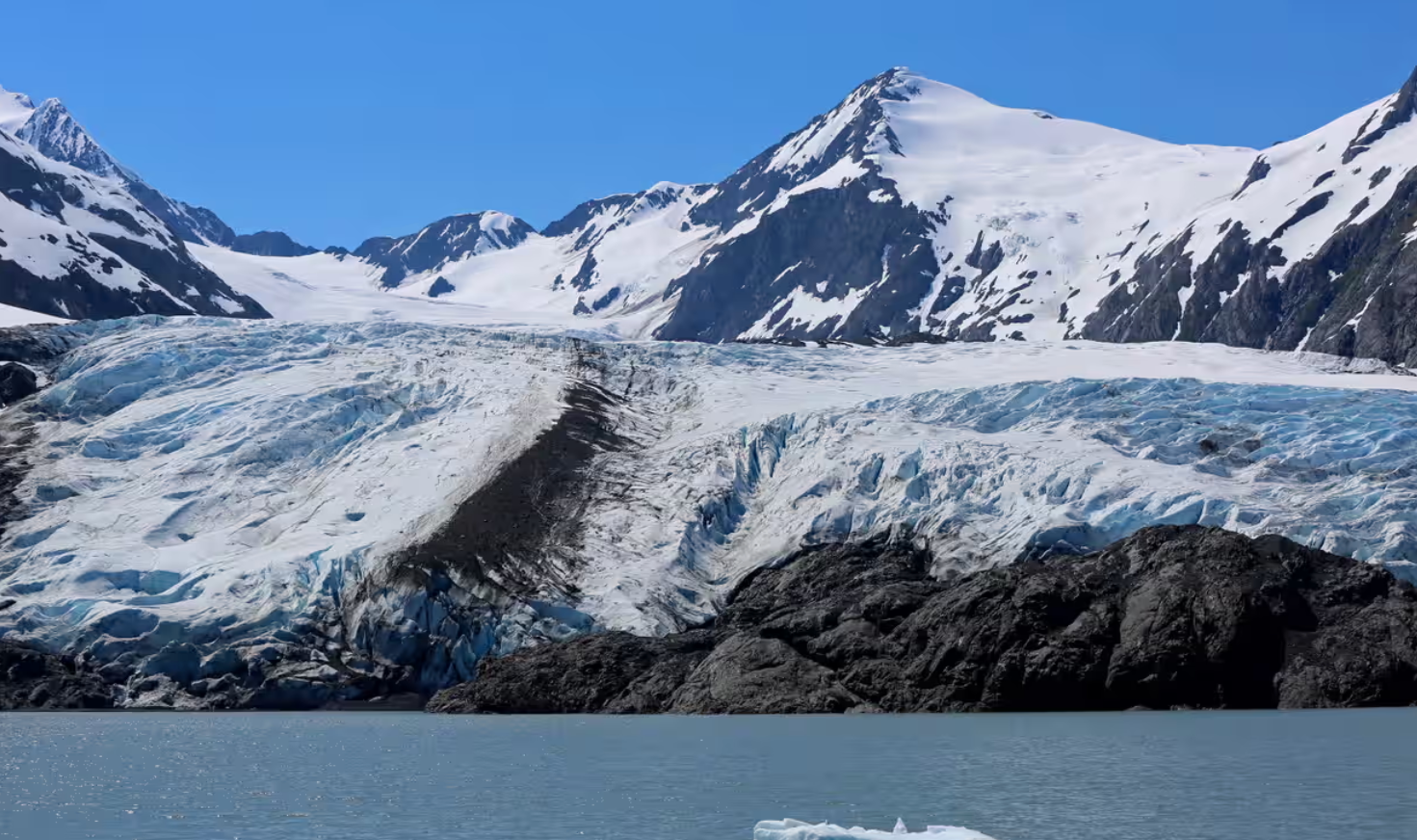
Two-thirds of the world's irrigated agriculture relies on water from mountains and glaciers, which are shrinking rapidly due to rising global temperatures. Regions such as the Andes, Eastern Africa, and the Alps have already seen glacier loss of up to 80%, with Europe's Pyrenees and Norway's ice caps also severely affected.
"Regardless of where we live, we all depend in some way on mountains and glaciers. But these natural water towers are facing imminent peril," said Audrey Azoulay, UNESCO's director general, urging governments to take immediate action.
The situation is already critical for mountain communities. More than a billion people live in high-altitude regions, and in developing countries, up to half of those already experience food insecurity. That number is expected to rise sharply as glaciers continue to vanish, cutting off vital summer meltwater flows that sustain farming, drinking water supplies, and hydroelectric power.
A Planetary Feedback Loop
The latest World Meteorological Organisation (WMO) study confirms that the past three years have seen the largest glacier mass loss on record. But the consequences extend far beyond local water shortages.
As glaciers retreat, they expose dark soil and rock, replacing the reflective ice surfaces that once helped cool the planet. This reduces the Earth's albedo effect, meaning more solar radiation is absorbed, further accelerating global heating.
"The melting of glaciers is not just about losing ice; it's about disrupting entire climate systems," warned Abou Amani, director of water sciences at UNESCO.
The risks go beyond warming: avalanche hazards are increasing, as rainfall replaces snowfall at high altitudes. At the same time, glacial lakes are swelling, increasing the threat of catastrophic floods that could wipe out villages and farmland downstream.
The economic costs will also be devastating. In the US, the Colorado River, which supplies 40 million people, has been in drought since 2000. Warmer temperatures mean less snowpack, and the snow that does fall melts too quickly to replenish reservoirs, exacerbating water shortages across the American West.
A Future Without Glaciers?
A recent Nature study found that half of global glacier mass could be lost by 2100 if global heating continues unchecked. This would have severe consequences for food security, water availability, and disaster risk worldwide.
"Water flows downhill, but food insecurity rises uphill," said Alvaro Lario, president of the International Fund for Agricultural Development (IFAD).
He stressed that while mountains provide 60% of the world's freshwater, the communities that safeguard these vital resources are among the most food insecure.
A Call for Urgent Action
Experts are calling for immediate intervention, including increased investment in climate adaptation, sustainable water management, and protections for mountain ecosystems.
Without urgent action, the loss of glaciers will not only devastate those who rely directly on them—but will have cascading effects on global water security, food production, and climate stability.